Ecosystem Services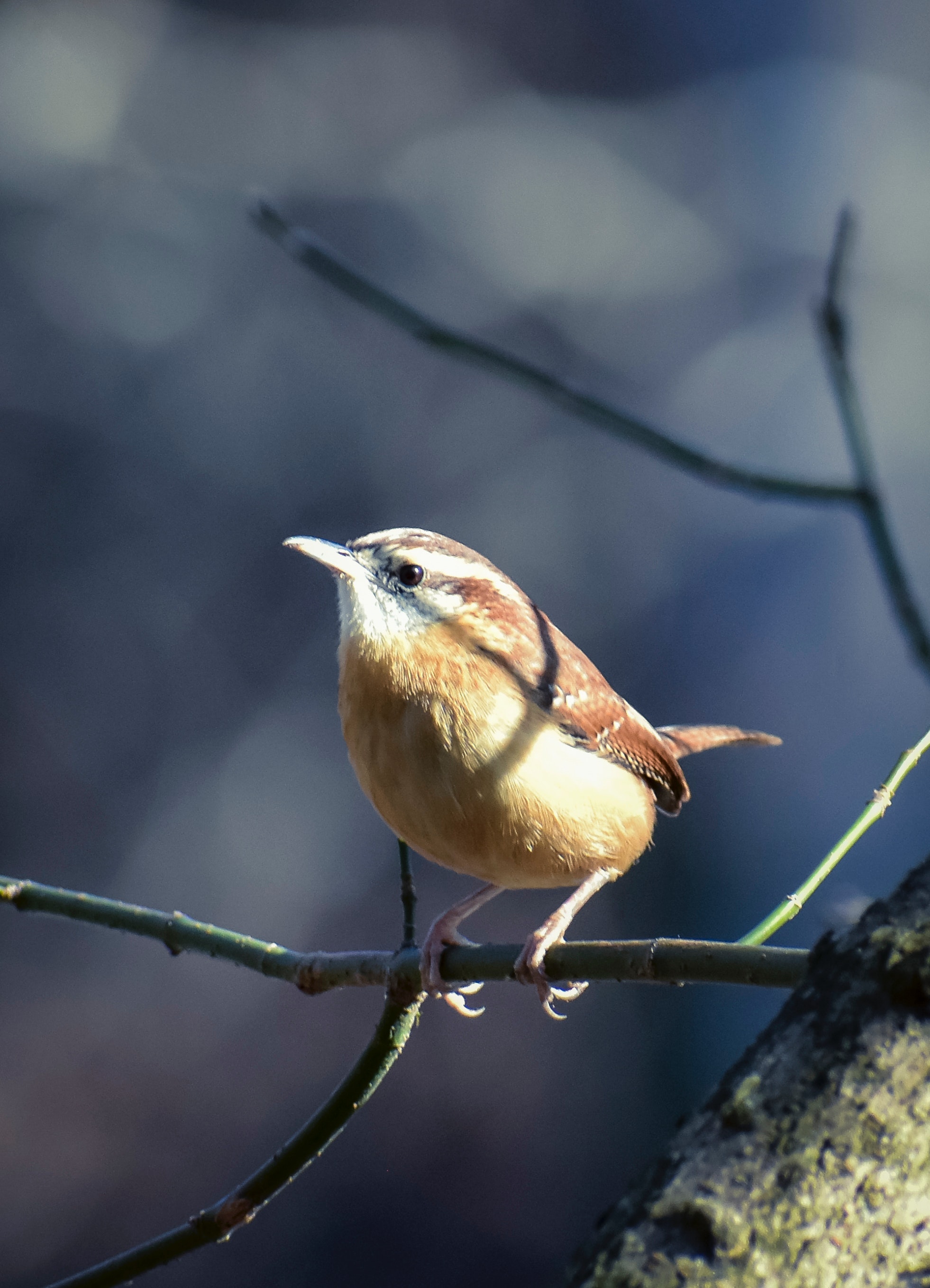
Ecosystems are communities of interacting organisms and their physical environment. Healthy ecosystems are biodiverse, supporting many native species of plants and animals. The healthiest ecosystems are best able to provide ecosystem services - life-sustaining benefits nature provides humankind like oxygen production, soil retention, flood management, clean water, pollination and more.
Healthy communities of wildlife and native plants mean healthier people.
Concord is a National Wildlife Federation Wildlife Hab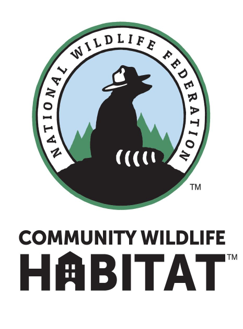 itat Community.
itat Community.
In 2015, the City of Concord, in partnership with the Concord Wildlife Alliance, became the fastest city to be named a Community Wildlife Habitat by the National Wildlife Federation. That title is maintained through continued efforts to educate the community and encourage the development of backyard habitats.
Get involved by providing food, water, shelter and places to raise young for wildlife at your home or business and certify your backyard habitat.
Mayors Monarch Pledge
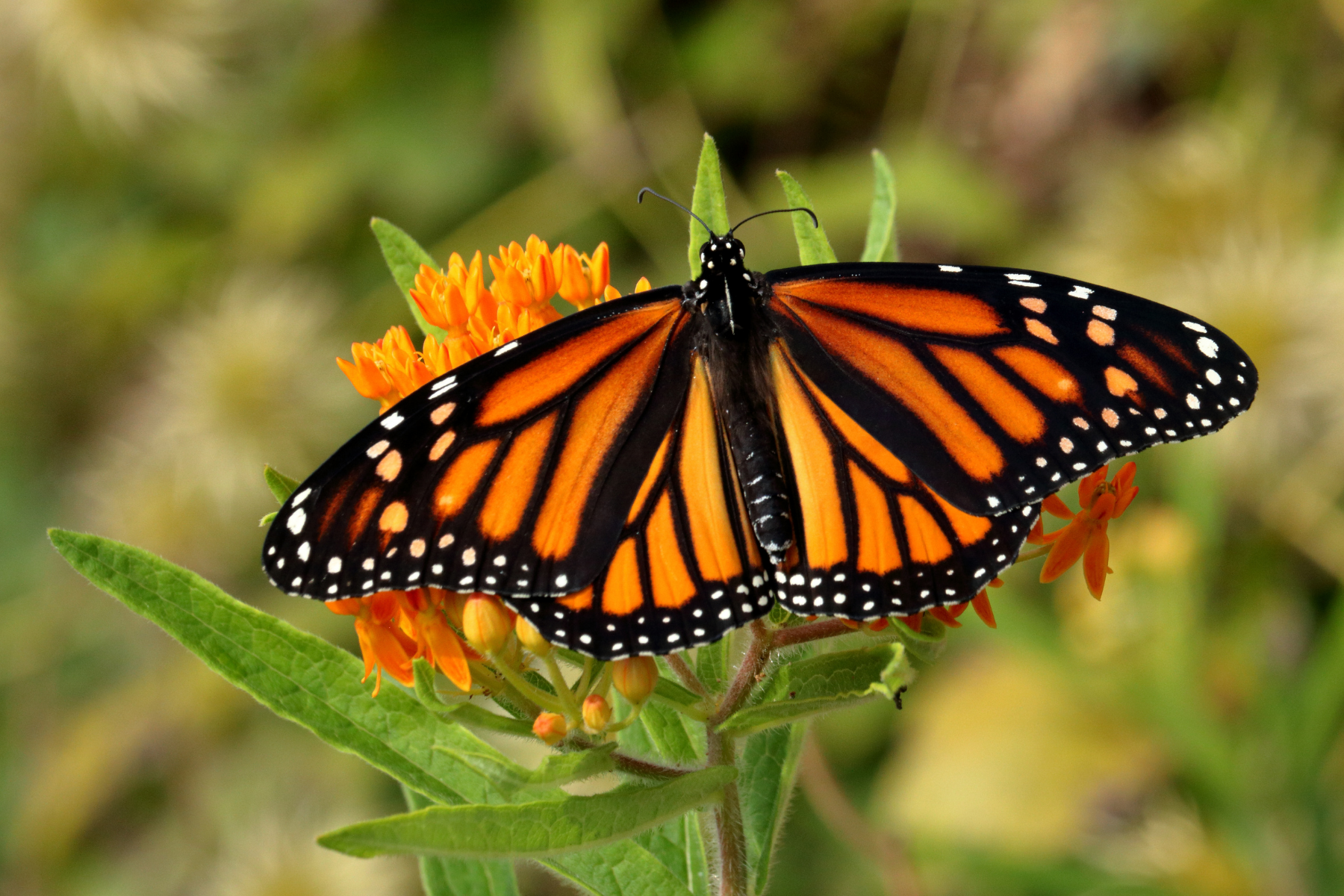 In November 2015, Mayor Scott Padgett first signed the National Wildlife Federation
In November 2015, Mayor Scott Padgett first signed the National Wildlife Federation
Mayor’s Monarch Pledge committing to take action in support of monarch butterflies
and other pollinators in partnership with the Concord Wildlife Alliance, a local chapter
of the North Carolina Wildlife Federation (the state affiliate of National Wildlife
Federation). Mayor Dusch continued to pledge City of Concord's commitment to
action for pollinators through various actions each year.
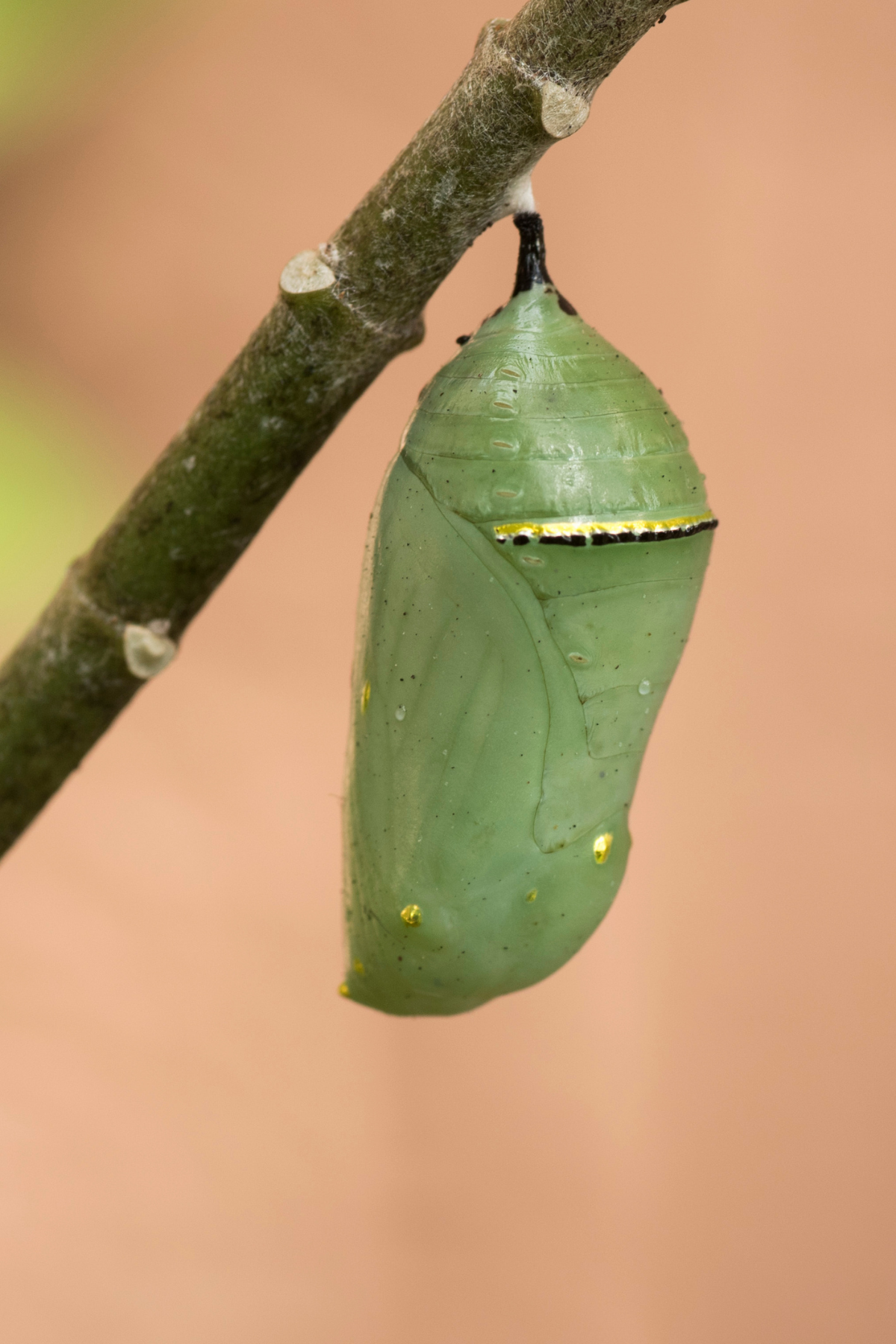 Residents and businesses can help by making outdoor spaces welcoming to pollinating
Residents and businesses can help by making outdoor spaces welcoming to pollinating
insects like bees, butterflies and hummingbirds through landscape and lawncare
practices that:
Concord Wildlife Alliance
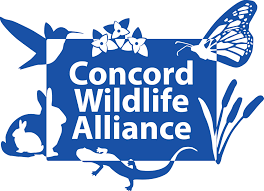 In 2013 Concord City Council tasked city management with obtaining Community Wildlife Habitat certification from the National Wildlife Federation. As a result, a citizen committee was formed, and they soon realized the need for a long-term plan for continuing to improve the quality of life and conservation practices within the City of Concord. In 2014, the group formally established the Concord Wildlife Alliance as a chapter of the North Carolina Wildlife Federation. CWA helped the City of Concord obtain the official status of a Community Wildlife Habitat and continues to be a valued partner in conservation whose mission is to protect, conserve and restore wildlife and habitat in the Greater Concord Area.
In 2013 Concord City Council tasked city management with obtaining Community Wildlife Habitat certification from the National Wildlife Federation. As a result, a citizen committee was formed, and they soon realized the need for a long-term plan for continuing to improve the quality of life and conservation practices within the City of Concord. In 2014, the group formally established the Concord Wildlife Alliance as a chapter of the North Carolina Wildlife Federation. CWA helped the City of Concord obtain the official status of a Community Wildlife Habitat and continues to be a valued partner in conservation whose mission is to protect, conserve and restore wildlife and habitat in the Greater Concord Area.
Learn more
Field Guide to the Southern Piedmont
iNaturalist plant, animal & fungi ID
All About Birds, Cornell Lab of Ornithology
Butterflies in Your Backyard a how-to guide by NCSU
Pollinator Paradise Garden, Chatham Mills, Pittsboro NC
National Wildlife Federation Native Plant Finder
NC Extension Gardener Plant Toolbox
Amphibians and reptiles of NC
National Wildlife Federation
NC Wildlife Federation
Spotted Lanternfly be on the lookout for and report this pest species if seen